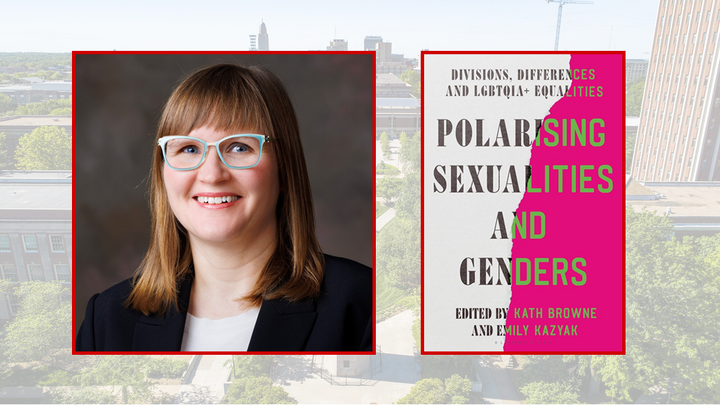Husker researcher Philip Schwadel and University of Nebraska at Omaha criminologist Amy Anderson recently published two studies on the connection between a college education and a person's view of the death penalty. The two previously studied demographic drivers of death-penalty support.
"Our analyses show that college-educated Americans are far less likely than non-college educated Americans to support the death penalty," Schwadel, Happold Professor of Sociology, said, "but that this robust effect of college is attenuated—and in some cases, non-existent—among conservatives, both political conservatives and religious conservatives."
In their study published in the American Journal of Criminal Justice, Anderson and Schwadel argue that the decrease in support for the death penalty associated with college education should differ across political groups. Using 2002-2018 General Social Survey data, they expected—and confirmed—that a college education has little effect on the view of capital punishment for Republicans and conservatives, especially White Americans.
The results were similar when shifting to religious conservatives. In a study published in Sociology of Religion, the researchers found that a college education had little effect for this group, due to the "moral foundations and schemas" in their beliefs.
Schwadel and Anderson concluded that, given its severity, attitudes towards capital punishment matter for those who create and enforce policy. Although Americans as a whole have become less supportive of the death penalty, religious conservatives and political conservatives remain steadfast, even when informed about costs, unequal enforcement, and other issues.




